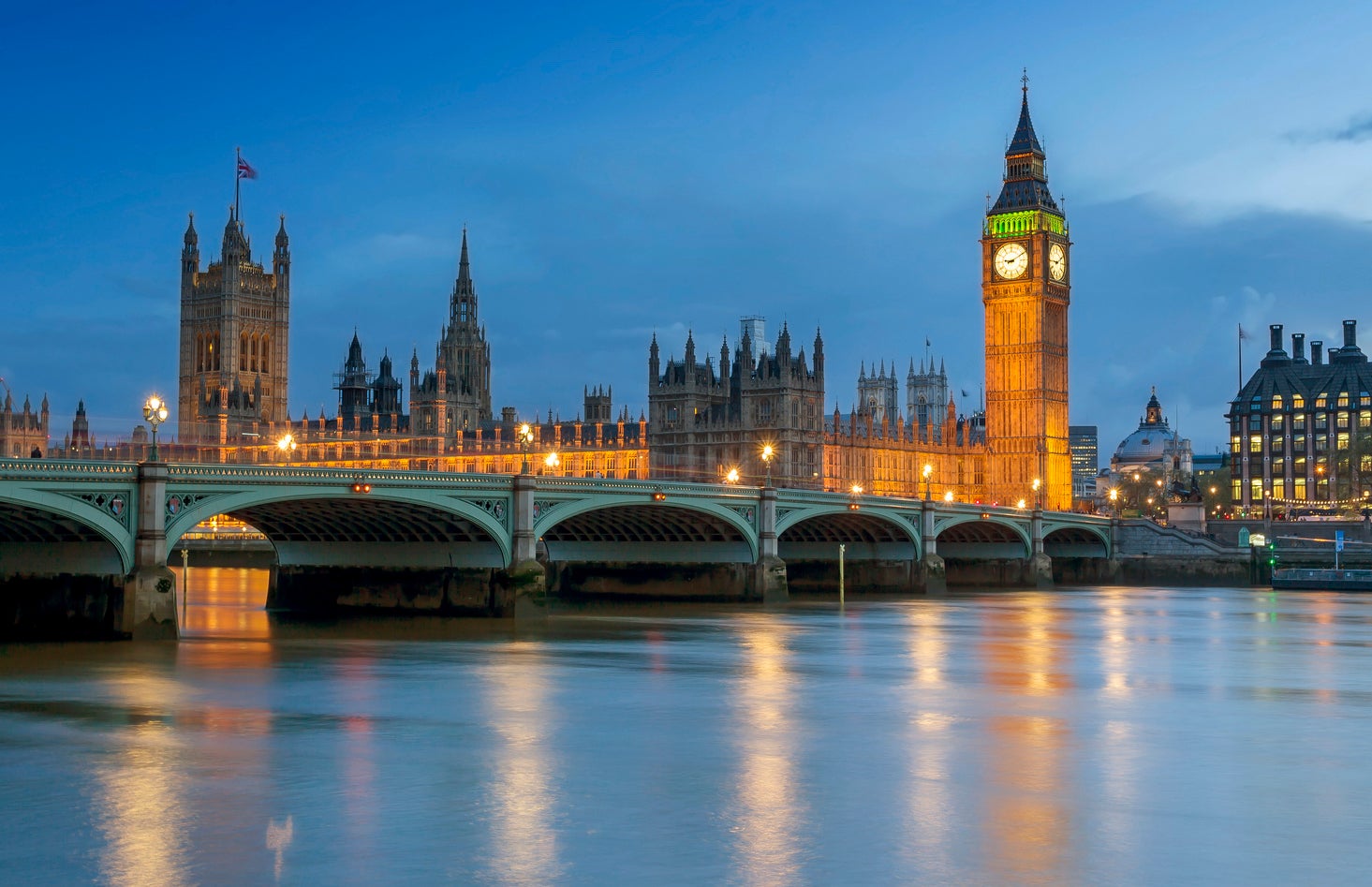The office of prime minister is now 300 years old – not much has changed
David Cameron isn’t the first former prime minister to run into controversy – and won’t be the last, writes Andrew Grice


The office of prime minister is 300 years old on Saturday. Not much has changed. The first to hold the post, Robert Walpole, went to the same school as Boris Johnson: Eton, of course.
The controversy engulfing another old Etonian, David Cameron, is a reminder that our former premiers are getting younger. The average age to which they live has risen from 64 in the 18th century to 81. Cameron booted himself out of Downing Street at the age of 49, after his unnecessary referendum on EU membership.
While it would be absurd to prevent former leaders taking up private sector posts, Cameron’s work as adviser for Greensill Capital has highlighted the flaws in the current system. Technically, he broke no rules by lobbying for the now-bankrupt financial services company to get access to government schemes to help business during the coronavirus pandemic. He waited the prescribed two years before working for Lex Greensill, whom he had previously allowed into the heart of his administration as an adviser.
Read more:
- If Seaspiracy persuades you to stop eating fish in order to save the environment, you are completely missing the point
- Is Britain racist? This binary question is unhelpful and obstructs real progress
- Accidents seem to have an alarming propensity to happen to David Cameron
- Why Matt Gaetz joining Newsmax is a bigger problem than you think
A five-year cooling-off period would be a better limit for ex-prime ministers. They could still make plenty of money on the speaking circuit on leaving Downing Street. They can currently draw up to £115,000 a year in public duty cost allowance for running their office and receive a pension, though Cameron and Gordon Brown forwent their right to pension contributions by the state.
The Cameron affair also shows why in-house lobbyists should be covered by the same rules as consultant lobbyists. He did not have to register his contacts with the Treasury, including repeated text messages to Rishi Sunak, because he was employed directly by Greensill. Ministers insist the scheme is “working well”, but are considering whether to extend it to outside lobbyists. They should not delay closing this obvious loophole.
An astonishing 66 former ministers and special advisers in Cameron’s administration took private sector jobs with some link to their work in government. The advisory committee on business appointments for former ministers and civil servants (Acoba) is a toothless watchdog whose recommendations can be ignored. It should be beefed up. Its chair, Eric Pickles, the former Tory minister, admits that a “lack of clarity and transparency can fuel a lack of public confidence” and rightly suggests sanctions for breaking the rules.
Cameron isn’t the first former prime minister to run into controversy and won’t be the last. Although Tony Blair was accused of building a global empire with a multimillion-pound turnover, he spent only a quarter of his time as consultant to business and governments to fund public sector work and projects such as his governance initiative in Africa and faith foundation. But his activities in countries such as Kazakhstan grabbed damaging headlines.
Although Brown earnt £1.4m in his first two years after leaving office, he stressed it did not go to him personally but to charity or to the office set up by himself and his wife Sarah; their projects include improving education and reducing maternal death rates in developing countries. As one insider who worked for both PMs told me: “Tony made a mess of it and was perceived as raking in millions from dodgy deals. Gordon learnt from that and got it right.”
Brown, like John Major, has shown there can be some redemption for a premier who is unpopular when they leave No 10. Major’s occasional interventions in politics today are treated with respect. Brown, whose performance in the global financial crisis now looks better than Boris Johnson’s in the pandemic, has co-founded a campaign on full employment and is active in the intense debate on Scotland’s future.
Blair told a BBC Radio 4 programme on Friday he didn’t enjoy being prime minister because of the huge responsibility, but he seems to enjoy life now and wants to keep working until he is 91 – another 23 years.
His eight years as a Middle East peace envoy did not pacify critics who will never forgive him for joining the US war in Iraq. But Blair has had a good war on coronavirus, after deploying the 200 staff at his Institute for Global Change to work on the pandemic. The government rejected and later adopted his ideas on mass testing, delaying second vaccine doses and now vaccine passports.
Cameron has a long way to go to reach that point. He will likely find the revolving door between government and business closed to him for a while. The storm about his links with Greensill proves beyond doubt the need for tighter controls. The problem is: would any serving prime minister willingly reduce their own earning power on leaving office? So it will probably fall to MPs to impose the rules we need.
Join our commenting forum
Join thought-provoking conversations, follow other Independent readers and see their replies
Comments